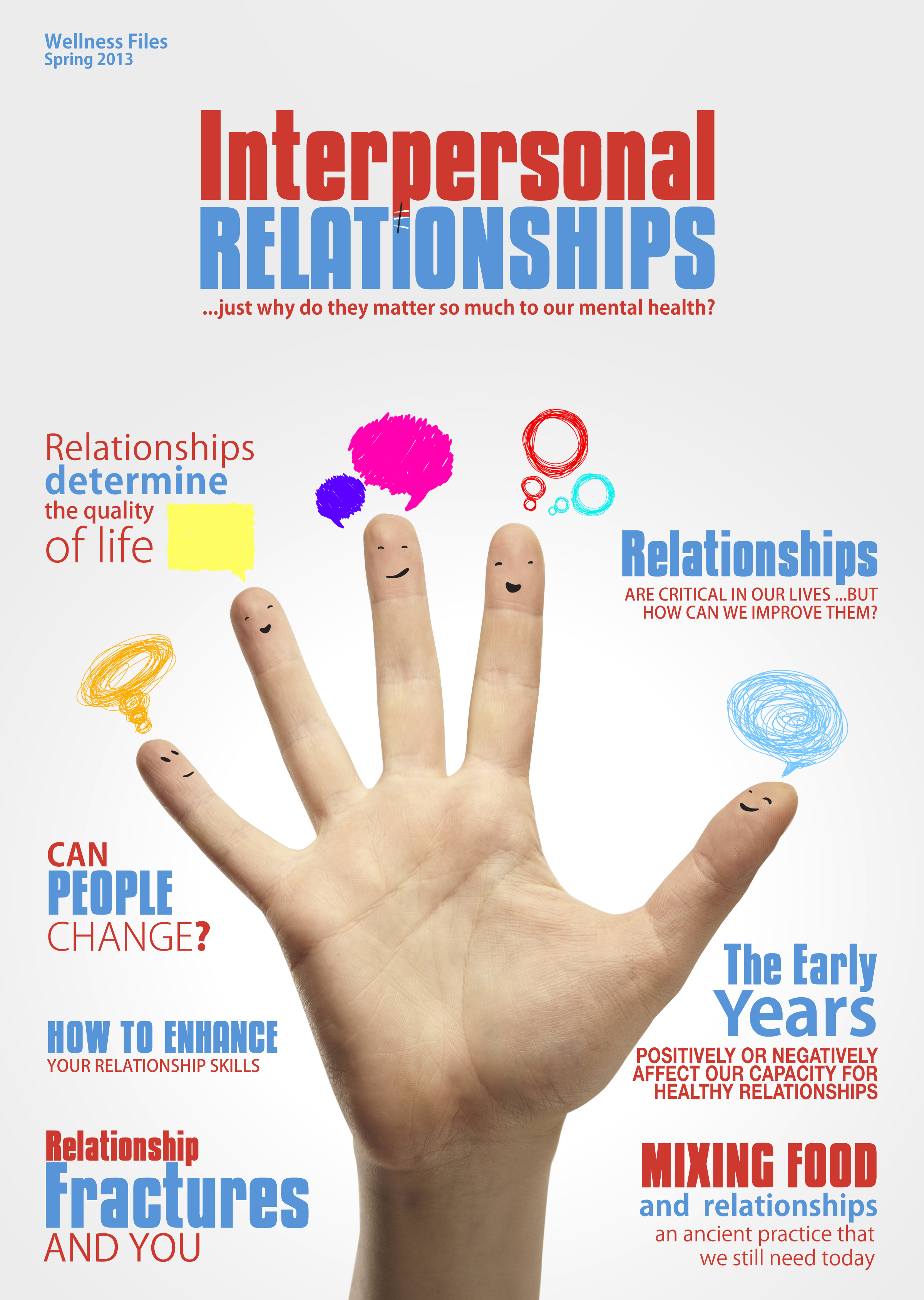Unlocking The Secrets To Building Strong And Lasting Relationships
Relationships are the backbone of our lives, shaping who we are and how we experience the world. From friendships to romantic connections, these bonds define our happiness, growth, and fulfillment. But let’s be real, navigating relationships isn’t always easy. It’s like trying to solve a puzzle where the pieces keep changing shape! So, whether you’re looking to strengthen an existing bond or build a new one, understanding the core principles is key to success.
Think about it—relationships aren’t just about love or liking someone. They’re about communication, trust, and mutual respect. And hey, if you’re here, chances are you’re looking for some solid advice on how to make those connections last. Lucky for you, this article dives deep into everything you need to know about relationships, from the basics to the advanced stuff that’ll blow your mind.
Before we jump in, let’s set the stage. Relationships aren’t one-size-fits-all. What works for one couple might not work for another, and that’s totally okay. The beauty of relationships lies in their diversity. So buckle up, because we’re about to explore the ins and outs of building meaningful, lasting connections that will have people asking, “How do they do it?”
Read also:Cortland Resnet Your Ultimate Guide To Reliable Internet Connectivity
Understanding the Basics of Relationships
First things first, what exactly are relationships? At their core, relationships are connections between people based on shared experiences, emotions, and values. But don’t let that simple definition fool you—there’s a lot more to it than meets the eye. Whether it’s a romantic partnership, friendship, or even a professional relationship, every bond has its own unique dynamics.
Let’s break it down a bit further. Relationships can be categorized into different types, each with its own set of rules and expectations. For example:
- Romantic relationships: These involve deep emotional and physical connections, often leading to long-term commitments.
- Friendships: Based on mutual trust and support, friendships can last a lifetime if nurtured properly.
- Professional relationships: While not as emotionally charged, these connections are crucial for career growth and success.
Understanding the type of relationship you’re in is the first step toward making it work. So, ask yourself: What kind of bond am I trying to build? Knowing the answer will guide you in the right direction.
Why Are Relationships Important?
Okay, so now we know what relationships are, but why do they matter so much? Well, here’s the thing—relationships are essential for our mental, emotional, and even physical well-being. Studies have shown that people with strong social connections tend to live longer, healthier lives. Crazy, right?
But it’s not just about longevity. Relationships also provide a sense of belonging and purpose. They give us someone to lean on during tough times and celebrate with during the good ones. Plus, let’s be honest—life would be pretty lonely without them!
So, whether you’re looking for love, friendship, or professional growth, building strong relationships should be a priority. And guess what? It’s not as hard as it seems. With the right mindset and tools, anyone can create meaningful connections that stand the test of time.
Read also:Natasha Ty Tickle The Rising Star Taking The World By Storm
Key Ingredients for a Healthy Relationship
Now that we’ve established why relationships are important, let’s talk about what makes them thrive. Think of a healthy relationship like a recipe—you need the right ingredients to make it work. Here are the top three:
Communication
Communication is hands down the most important factor in any relationship. It’s like the glue that holds everything together. Without it, misunderstandings can quickly spiral out of control. So, how do you communicate effectively? Here are a few tips:
- Listen actively—really listen. Don’t just wait for your turn to speak.
- Be honest and open about your feelings, but also be respectful.
- Use “I” statements instead of “you” statements to avoid sounding accusatory.
Remember, communication isn’t just about talking—it’s about understanding each other. So, make sure you’re putting in the effort to truly hear what the other person is saying.
Trust
Trust is the foundation of any successful relationship. Without it, everything else falls apart. Building trust takes time and effort, but it’s worth it in the end. Here’s how you can foster trust:
- Be reliable—do what you say you’ll do.
- Keep your promises, even the small ones.
- Be vulnerable and share your true self with the other person.
Trust is built through consistency and authenticity. So, be the person who shows up and stays true to their word.
Mutual Respect
Respect is the third key ingredient in a healthy relationship. It means valuing each other’s opinions, boundaries, and differences. Here’s how you can show respect:
- Listen to and consider the other person’s point of view.
- Acknowledge their feelings, even if you don’t agree with them.
- Set boundaries and respect the other person’s space.
Respect creates a safe space where both parties feel valued and appreciated. And let’s be real, who doesn’t want that?
Common Challenges in Relationships
Let’s face it—relationships aren’t always sunshine and rainbows. There are bound to be challenges along the way. But don’t worry, that’s completely normal. The key is knowing how to handle them. Here are some common challenges and how to overcome them:
Conflict
Conflict is a natural part of any relationship. The important thing is how you handle it. Instead of avoiding disagreements, try to address them in a healthy way. Here’s how:
- Stay calm and composed during arguments.
- Focus on finding solutions rather than placing blame.
- Take a break if things get too heated and revisit the issue later.
Remember, conflict doesn’t have to be a bad thing. It can actually strengthen your bond if handled properly.
Trust Issues
Trust issues can be tough to overcome, but it’s not impossible. Whether it’s due to past experiences or current misunderstandings, rebuilding trust takes time and effort. Here’s what you can do:
- Be transparent and honest in all your actions.
- Give the other person the benefit of the doubt.
- Work on healing any past wounds together.
Trust is fragile, but with patience and commitment, it can be restored.
Different Expectations
Having different expectations is another common challenge in relationships. Maybe you want to spend every weekend together, while your partner prefers alone time. It’s all about finding a balance that works for both of you. Here’s how:
- Communicate your needs and expectations clearly.
- Be willing to compromise and meet in the middle.
- Respect each other’s individuality and differences.
Different expectations don’t have to be a dealbreaker. With open communication and flexibility, you can find a solution that satisfies both parties.
Building Lasting Connections
So, how do you build relationships that last? It’s all about putting in the effort and staying committed. Here are a few tips to help you create lasting connections:
Invest Time and Energy
Building a strong relationship takes time and energy. Don’t expect things to happen overnight. Instead, focus on nurturing the bond over time. Here’s how:
- Make time for each other, even when life gets busy.
- Plan regular date nights or hangouts to keep the connection strong.
- Celebrate milestones and achievements together.
Investing time and energy shows the other person that you value the relationship and are willing to work for it.
Stay Curious
Curiosity is key to keeping a relationship fresh and exciting. Don’t assume you know everything about the other person. Stay curious and keep learning about them. Here’s how:
- Ask questions and show genuine interest in their life.
- Try new things together to create shared experiences.
- Be open to change and growth in the relationship.
Curiosity keeps the spark alive and prevents things from getting stale.
Practice Gratitude
Gratitude goes a long way in any relationship. Taking time to appreciate the other person shows them that you value them. Here’s how:
- Express gratitude regularly through words or actions.
- Write a heartfelt note or send a thoughtful message.
- Acknowledge the little things they do for you.
Gratitude creates a positive atmosphere and strengthens the bond between you.
Expert Advice on Relationships
When it comes to relationships, it’s always good to get advice from the experts. Here are a few tips from relationship experts that can help you navigate the ups and downs:
Focus on Emotional Intelligence
Emotional intelligence is the ability to understand and manage your own emotions, as well as the emotions of others. It’s crucial for building strong relationships. Here’s how to develop it:
- Practice self-awareness by reflecting on your emotions.
- Empathize with the other person’s feelings.
- Regulate your emotions during stressful situations.
Emotional intelligence helps you connect on a deeper level and resolve conflicts more effectively.
Set Boundaries
Boundaries are essential for maintaining healthy relationships. They help you protect your own well-being while respecting the other person’s space. Here’s how to set them:
- Communicate your boundaries clearly and respectfully.
- Respect the other person’s boundaries as well.
- Be firm but flexible when necessary.
Boundaries create a sense of security and prevent resentment from building up.
Seek Professional Help if Needed
There’s no shame in seeking professional help if you’re struggling in a relationship. A therapist or counselor can provide valuable insights and tools to improve your connection. Here’s when to consider it:
- If communication has broken down completely.
- If trust issues are affecting your relationship.
- If you’re feeling stuck and don’t know how to move forward.
Professional help can make a world of difference and save your relationship from falling apart.
Relationships in the Modern Age
With the rise of technology and social media, relationships have evolved in many ways. While these changes can be exciting, they also come with their own set of challenges. Here’s how to navigate relationships in the modern age:
Managing Online Presence
Social media has become an integral part of our lives, but it can also affect our relationships. Here’s how to manage it:
- Be mindful of what you post and how it might affect your partner.
- Set boundaries around screen time and digital distractions.
- Use social media as a tool to enhance your relationship, not harm it.
Your online presence can either strengthen or weaken your bond, so use it wisely.
Dealing with Long-Distance Relationships
Long-distance relationships are more common than ever, thanks to technology. But they still come with their own set of challenges. Here’s how to make them work:
- Stay connected through regular video calls and messages.
- Plan visits and create something to look forward to.
- Trust each other and avoid unnecessary jealousy.
Distance doesn’t have to be a barrier. With commitment and effort, long-distance relationships can thrive just like any other.
Conclusion: Taking Your Relationships to the Next Level
And there you have it—the ultimate guide to building strong and lasting relationships. From understanding the basics to overcoming common challenges, we’ve covered everything you need to know to create meaningful connections. But remember, relationships are a journey, not a destination. They require constant effort and attention to keep them thriving.
So, what’s next? Take the tips and insights you’ve learned here and apply them to your own relationships. Whether it’s with your partner, friends, or colleagues, these principles can help you build stronger, more fulfilling connections. And don’t forget to share this article with someone who could benefit from it—you never know who might need a little relationship advice!
Until next time, keep nurturing those bonds and creating lasting memories. After all, life’s too short not to surround yourself


